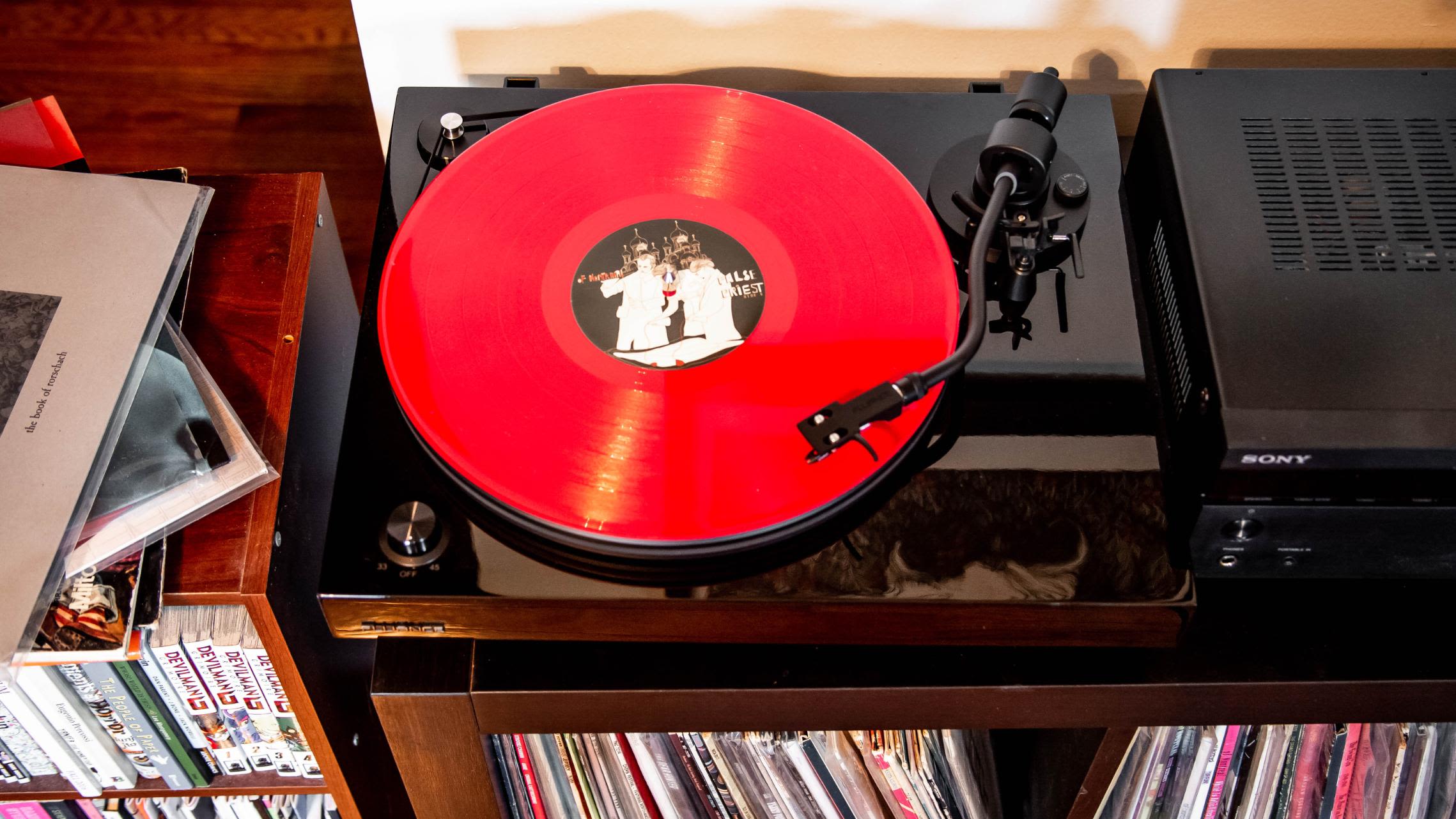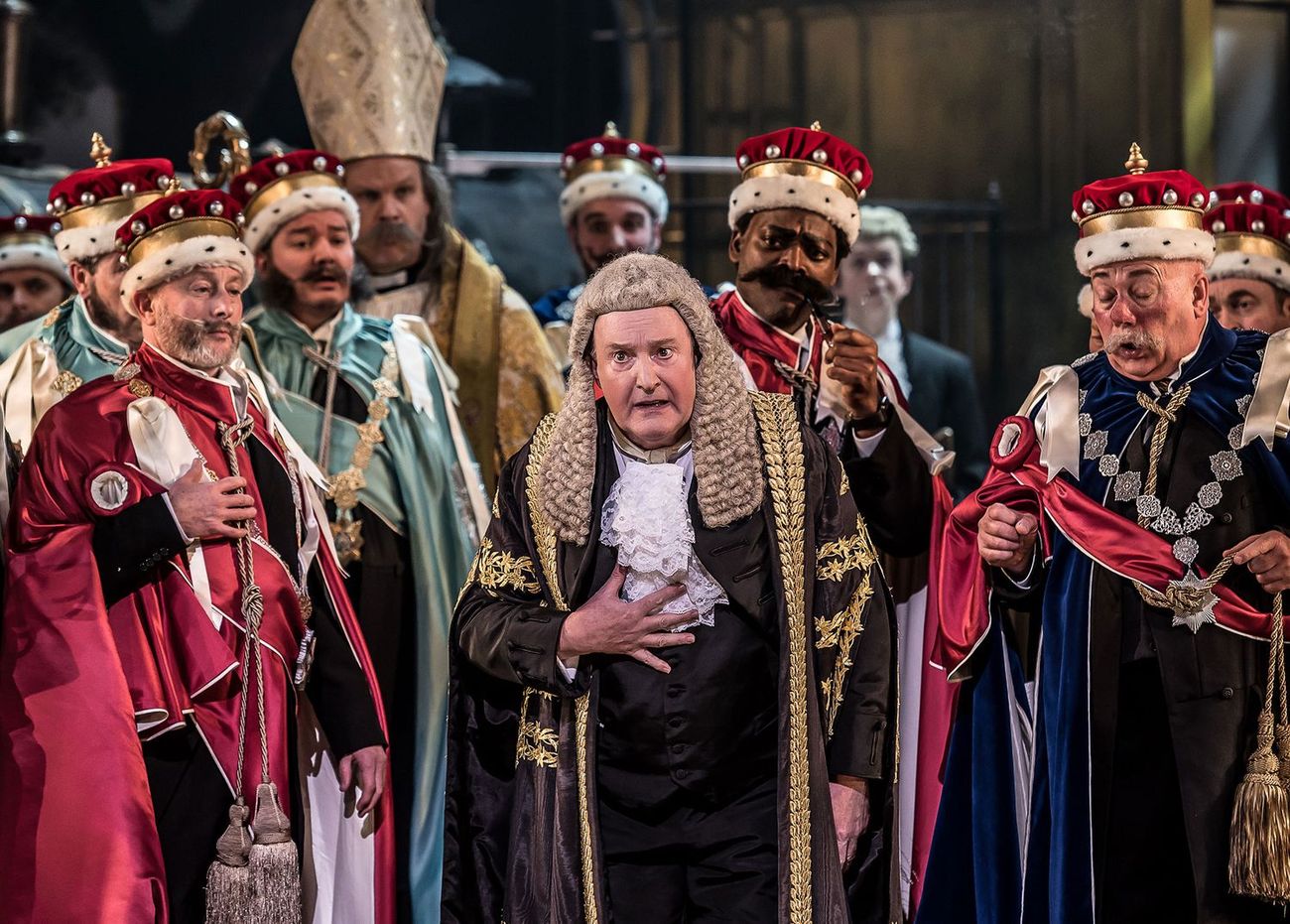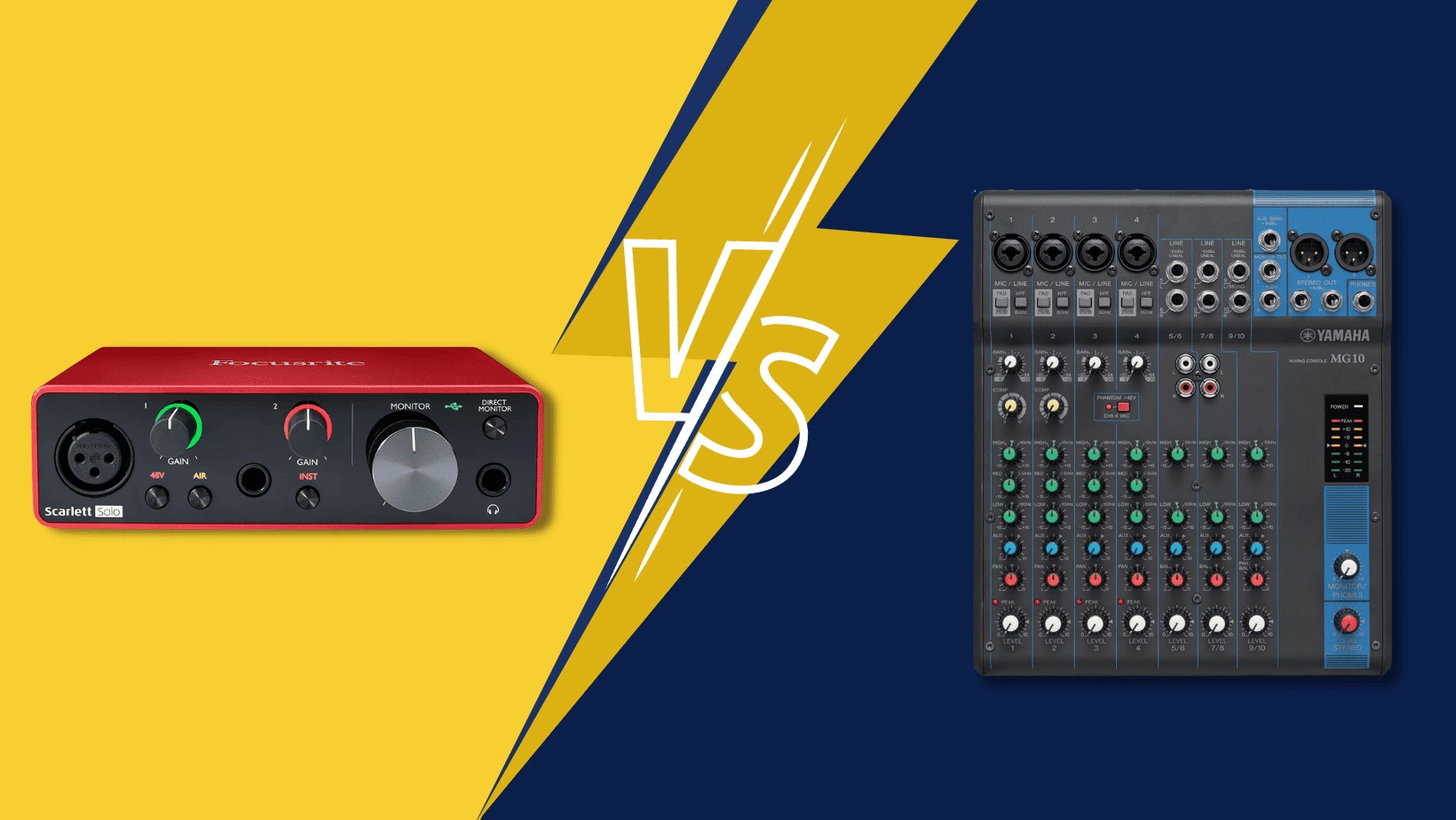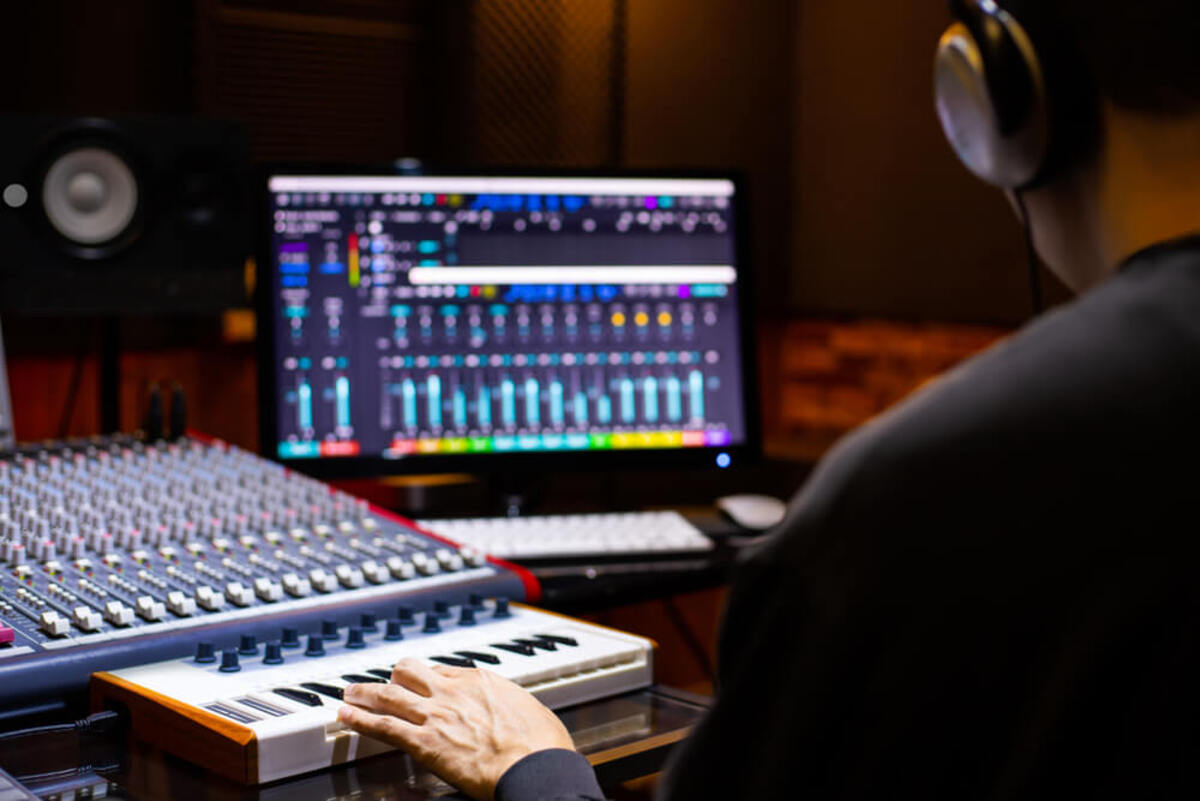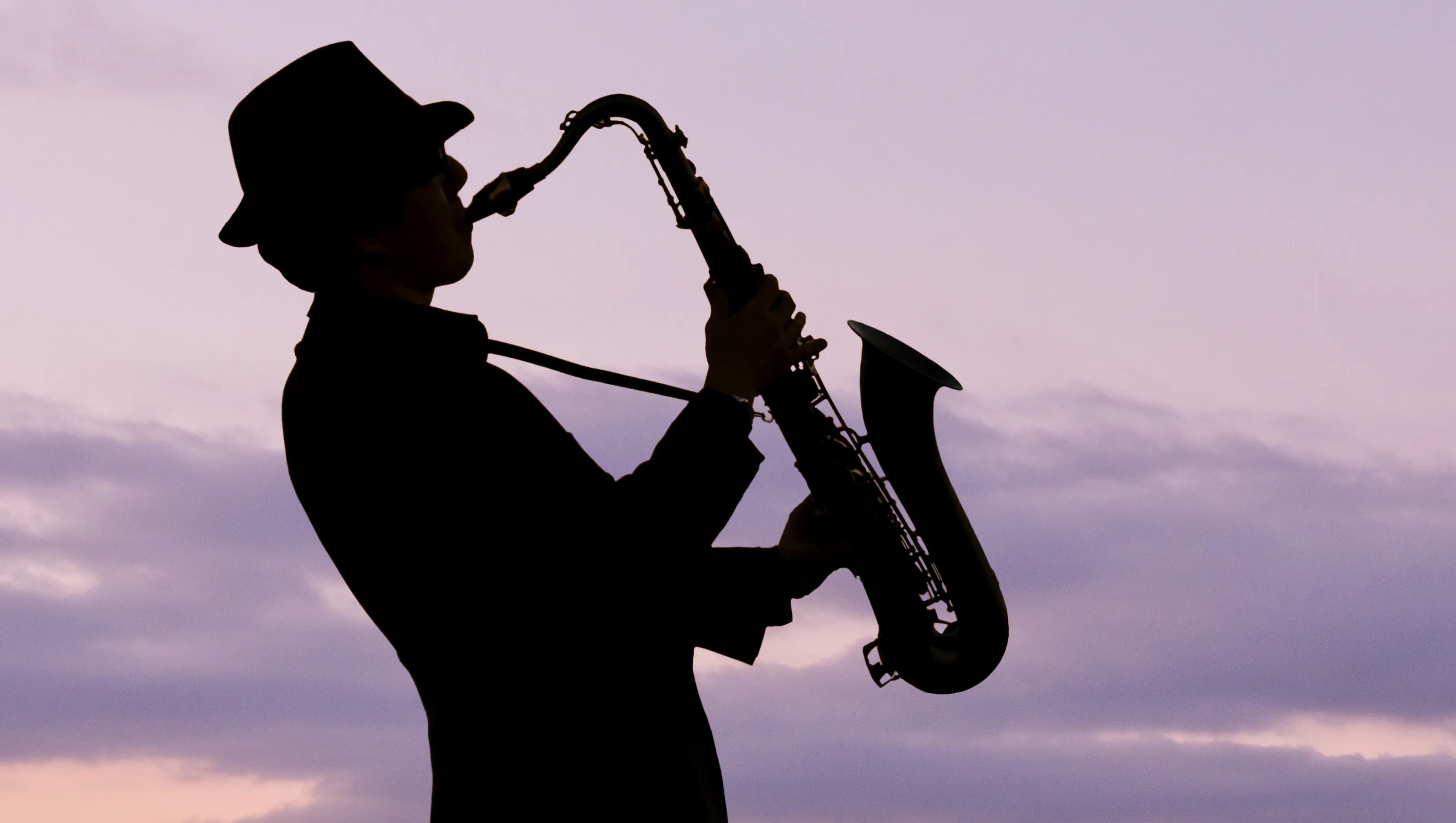Home>Production & Technology>Songwriter>What Is The Difference Between Single Song Agreement And Exclusive Songwriter Agreement


Songwriter
What Is The Difference Between Single Song Agreement And Exclusive Songwriter Agreement
Published: February 26, 2024
Learn about the key distinctions between a Single Song Agreement and an Exclusive Songwriter Agreement to protect your rights as a songwriter. Understand the implications and benefits.
(Many of the links in this article redirect to a specific reviewed product. Your purchase of these products through affiliate links helps to generate commission for AudioLover.com, at no extra cost. Learn more)
Table of Contents
Introduction
Songwriting is a captivating art form that has the power to evoke emotions, tell stories, and connect people across the globe. Behind every chart-topping hit or soul-stirring melody, there lies the creative genius of a songwriter. However, the business side of songwriting involves legal agreements that govern the rights and royalties associated with the music.
Two common types of agreements in the music industry are the Single Song Agreement and the Exclusive Songwriter Agreement. These contracts play a pivotal role in shaping the relationship between songwriters and music publishers, impacting how their creative works are utilized and compensated.
In this article, we will delve into the intricacies of these agreements, shedding light on their distinct features, implications, and the key differences between them. By gaining a deeper understanding of these contractual arrangements, songwriters and music enthusiasts can navigate the complex landscape of the music industry with clarity and confidence. Let's embark on this enlightening journey to unravel the nuances of Single Song Agreements and Exclusive Songwriter Agreements, uncovering the unique dynamics that define each arrangement.
Understanding Single Song Agreement
A Single Song Agreement, also known as a single-song assignment, is a contractual arrangement between a songwriter and a music publisher. In this agreement, the songwriter grants the publisher the rights to a specific song for a defined period. The publisher is then responsible for promoting, licensing, and exploiting the song to generate revenue.
Under this agreement, the songwriter retains the copyright to the song, while the publisher is granted the exclusive rights to administer the song for commercial purposes. This means that the publisher has the authority to negotiate licenses for the song's use in various mediums such as films, television shows, commercials, and digital platforms. In return for these rights, the songwriter receives a percentage of the revenue generated from the song's usage, commonly known as royalties.
The Single Song Agreement is often favored by songwriters who prefer to have more control over their individual compositions. It allows them to collaborate with multiple publishers for different songs, providing flexibility and autonomy in managing their creative works. Additionally, this arrangement enables songwriters to maintain ownership of their copyrights, preserving their artistic control and long-term earning potential.
In essence, the Single Song Agreement serves as a strategic partnership between the songwriter and the publisher, facilitating the commercial exploitation of a specific song while safeguarding the songwriter's intellectual property rights. This approach empowers songwriters to leverage their creative output for financial gain while preserving their artistic independence and creative vision.
Understanding Exclusive Songwriter Agreement
An Exclusive Songwriter Agreement is a comprehensive and exclusive contractual arrangement between a songwriter and a music publisher. Unlike the Single Song Agreement, which focuses on individual compositions, the Exclusive Songwriter Agreement encompasses a broader scope by establishing a long-term partnership between the songwriter and the publisher.
Under this agreement, the songwriter commits to providing a designated number of songs exclusively to the publisher for a specified duration. This exclusivity entails that the songwriter's entire creative output during the contractual period is solely represented and administered by the publisher. In essence, the publisher becomes the primary custodian of the songwriter's musical catalog, responsible for licensing, promoting, and exploiting the songs across diverse platforms and markets.
In return for granting exclusive rights to their musical works, the songwriter receives various forms of compensation, including advance payments, royalties, and creative support from the publisher. The advance payment serves as an upfront financial investment provided to the songwriter, offering a source of immediate income while they continue to craft new compositions. Additionally, the songwriter earns royalties based on the commercial exploitation of their songs, ensuring a continuous stream of income as their music is utilized in various commercial endeavors.
One of the defining characteristics of the Exclusive Songwriter Agreement is the collaborative partnership it fosters between the songwriter and the publisher. The publisher actively engages in promoting the songwriter's career, offering creative guidance, facilitating collaborations with other artists, and seeking opportunities to enhance the songwriter's visibility and marketability. This level of dedicated support and investment underscores the commitment of the publisher to nurture the songwriter's talent and maximize the potential of their musical repertoire.
Moreover, the Exclusive Songwriter Agreement provides a sense of stability and security for the songwriter, as it establishes a long-term professional relationship with the publisher. This continuity allows the songwriter to focus on their craft, knowing that their creative endeavors are backed by the resources and expertise of the publisher. The agreement also aligns the interests of both parties, as the publisher is incentivized to actively promote and monetize the songwriter's catalog, ensuring mutual success and prosperity.
In essence, the Exclusive Songwriter Agreement represents a strategic alliance that empowers songwriters to fully dedicate themselves to their art while benefiting from the professional guidance and financial support of the publisher. This collaborative synergy lays the foundation for sustained creativity, commercial success, and the realization of the songwriter's artistic aspirations.
Key Differences Between Single Song Agreement and Exclusive Songwriter Agreement
The distinction between a Single Song Agreement and an Exclusive Songwriter Agreement lies in the scope, duration, and nature of the contractual relationship between the songwriter and the music publisher. These variances significantly impact the creative autonomy, financial arrangements, and long-term prospects for the songwriter. Let's explore the key differences that differentiate these two pivotal agreements in the music industry:
-
Scope and Exclusivity:
- In a Single Song Agreement, the scope is limited to a specific song, granting the publisher exclusive rights to administer and exploit that individual composition. Conversely, an Exclusive Songwriter Agreement encompasses a broader scope, encompassing multiple songs created by the songwriter during the contractual period. This exclusivity extends to the entire creative output of the songwriter, establishing a comprehensive partnership with the publisher.
-
Duration and Commitment:
- The Single Song Agreement is typically short-term and revolves around the exploitation of a single composition for a specified period. In contrast, the Exclusive Songwriter Agreement entails a longer-term commitment, often spanning multiple years, during which the songwriter provides a designated number of songs exclusively to the publisher. This extended duration fosters a sustained and collaborative relationship between the songwriter and the publisher.
-
Financial Arrangements:
- Under a Single Song Agreement, the songwriter receives royalties based on the commercial usage of the specific song, providing a targeted source of income tied to that composition. In contrast, the Exclusive Songwriter Agreement offers a more comprehensive financial framework, including advance payments, royalties, and additional forms of creative and financial support. This broader financial arrangement reflects the publisher's investment in the songwriter's entire catalog and career development.
-
Artistic Autonomy and Support:
- The Single Song Agreement allows songwriters to retain greater artistic autonomy and flexibility, as they can collaborate with multiple publishers for different compositions, maintaining control over individual works. On the other hand, the Exclusive Songwriter Agreement involves a deeper level of support and guidance from the publisher, as the songwriter's entire creative output is entrusted to the publisher's care. This collaborative partnership aims to nurture the songwriter's career and maximize the potential of their musical repertoire.
In essence, while the Single Song Agreement offers flexibility and targeted representation for individual compositions, the Exclusive Songwriter Agreement establishes a comprehensive and exclusive partnership that encompasses the songwriter's entire creative output, providing long-term support, financial security, and collaborative opportunities. These key differences underscore the nuanced dynamics that shape the relationship between songwriters and music publishers, influencing the trajectory of their artistic endeavors and commercial success.
Conclusion
In the dynamic realm of the music industry, the choice between a Single Song Agreement and an Exclusive Songwriter Agreement holds profound implications for songwriters and music publishers alike. These contractual arrangements not only govern the commercial exploitation of musical works but also shape the collaborative dynamics and financial arrangements that underpin the creative process. As we conclude our exploration of these agreements, it becomes evident that each option offers distinct advantages and considerations for songwriters navigating the intricacies of the industry.
The Single Song Agreement, with its targeted focus on individual compositions, empowers songwriters to retain artistic control and flexibility in managing their creative works. By collaborating with multiple publishers for different songs, songwriters can leverage their compositions across diverse platforms while preserving ownership of their copyrights. This approach fosters a sense of autonomy and strategic maneuverability, allowing songwriters to tailor their representation and licensing arrangements according to the unique attributes of each composition.
On the other hand, the Exclusive Songwriter Agreement embodies a comprehensive and exclusive partnership that extends beyond individual compositions, encompassing the songwriter's entire creative output. This long-term commitment offers stability, financial security, and dedicated support from the publisher, enabling songwriters to focus on their craft while benefiting from professional guidance and collaborative opportunities. The broader financial framework, including advance payments and comprehensive royalties, reflects the publisher's vested interest in nurturing the songwriter's career and maximizing the potential of their musical catalog.
Ultimately, the decision between these agreements hinges on the songwriter's artistic objectives, career aspirations, and the desired balance between creative autonomy and collaborative support. Songwriters seeking flexibility and targeted representation for specific compositions may find the Single Song Agreement to be a strategic fit, allowing them to navigate the industry with agility and independence. Conversely, those aspiring to establish a long-term partnership, receive dedicated support, and cultivate a sustained creative synergy may gravitate towards the Exclusive Songwriter Agreement, embracing the publisher's commitment to fostering their artistic growth and commercial success.
In essence, both agreements embody unique value propositions, catering to the diverse needs and ambitions of songwriters navigating the multifaceted landscape of the music industry. By understanding the nuances of these contractual arrangements, songwriters can make informed decisions that align with their creative vision, career trajectory, and financial objectives, thereby embarking on a path that harmonizes artistic fulfillment with commercial prosperity. As the melodies of creativity intertwine with the rhythms of commerce, these agreements serve as pivotal instruments that orchestrate the symphony of collaboration between songwriters and music publishers, shaping the timeless cadence of musical expression.

